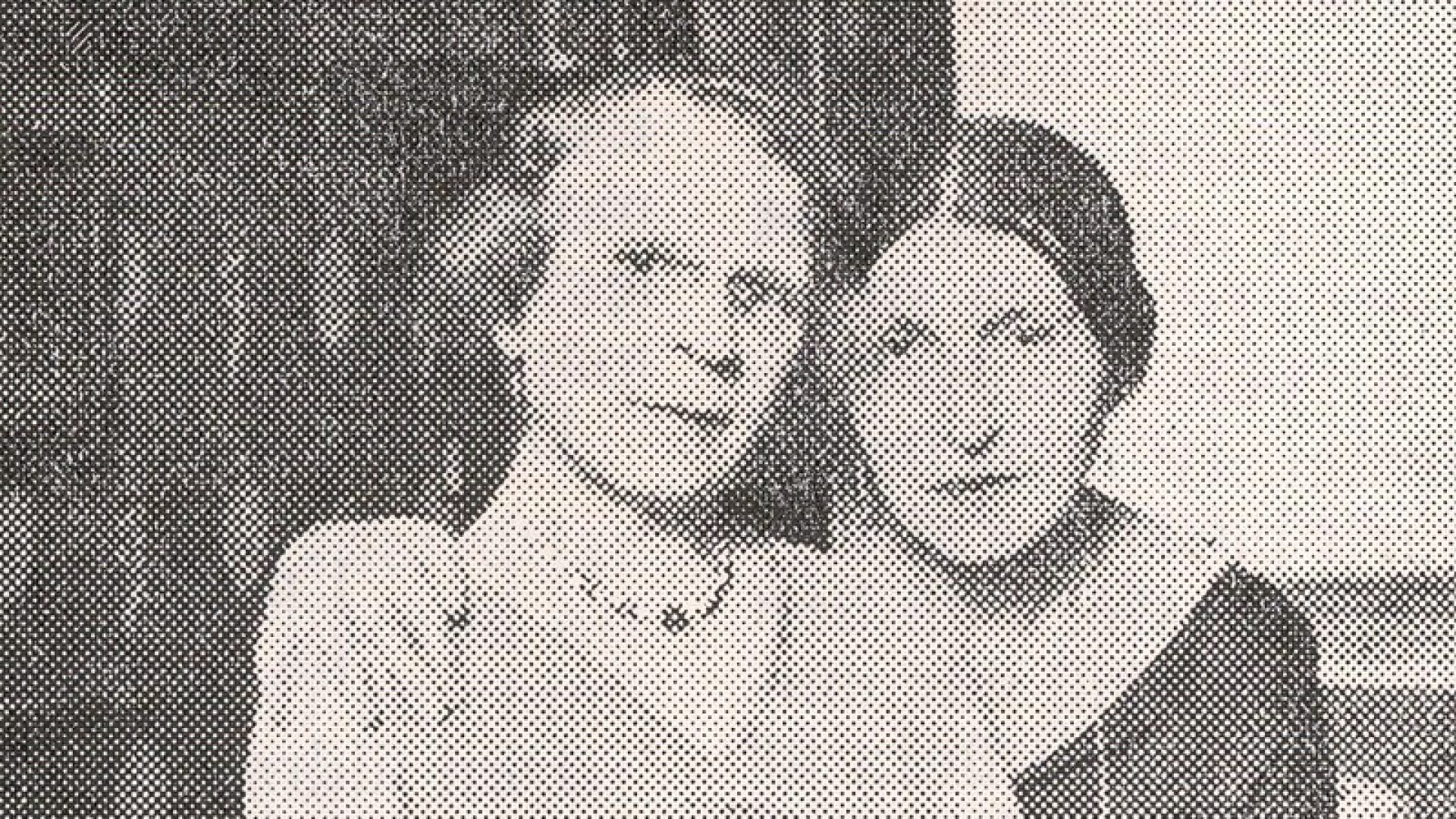Uncovering the Trans Story: Toni Ebel and Charlotte Charlaque

A lecture by Raimund Wolfert from the Berlin-based research society Magnus Hirschfeld Gesellschaft will introduce the extraordinary lives of artist and trans woman Toni Ebel and her partner Charlotte Charlaque. The lecture is part of the accompanying program to the exhibition Pioneers of Identity, created in collaboration with Artivist Lab and the Goethe-Institut.
Raimund Wolfert is one of the leading researchers dedicated to preserving and highlighting LGBT+ history in Germany. His work with Magnus Hirschfeld Gesellschaft has been crucial in rediscovering the story of Toni Ebel – a transgender artist who was among the first to undergo gender-affirming surgery at Magnus Hirschfeld’s Institute for Sexual Science in Berlin.
In his lecture, Wolfert will present Ebel not only as a significant figure in trans* history but also as a politically engaged painter in interwar Czechoslovakia and postwar East Germany (GDR). He will also open a discussion on the relevance of her work in the context of current debates around identity, visibility, and institutional approaches to queer memory.
Guest
Raimund Wolfert – Berlin-based research society Magnus Hirschfeld Gesellschaft
Host
Ladislav Jackson – The Society for Queer Memory
Entrance fee – free
Accessibility – suitable also for teenagers, accessible with a dog, barrier-free
Vibe check – small event (approx. 30 people), seating options, indoors
Trigger warnings – transphobia, fascism, oppression of queer people, queer holocaust, police violence
Organized by – The Society for Queer Memory
The Society for Queer Memory brings together those who wish to contribute to preserving queer memory and the life stories of people with non-heterosexual orientations and gender or sex non-conforming identities in the Czech Republic. Its aim is to establish and maintain a museum and archive that collects material artifacts, written documents, and recorded stories—processing them professionally and making them accessible to the public.
The Society for Queer Memory stands against the forced forgetting of lives lived in secrecy—of those excluded from family traditions and rituals of remembrance. Its work helps new generations of queer people enter life without the crushing notion of isolation and exclusion, with the knowledge that they are not alone.
